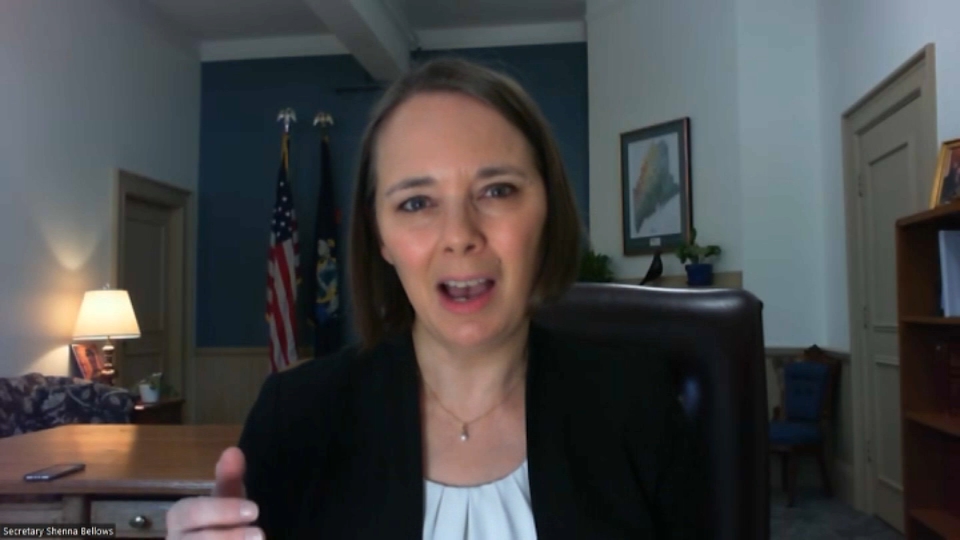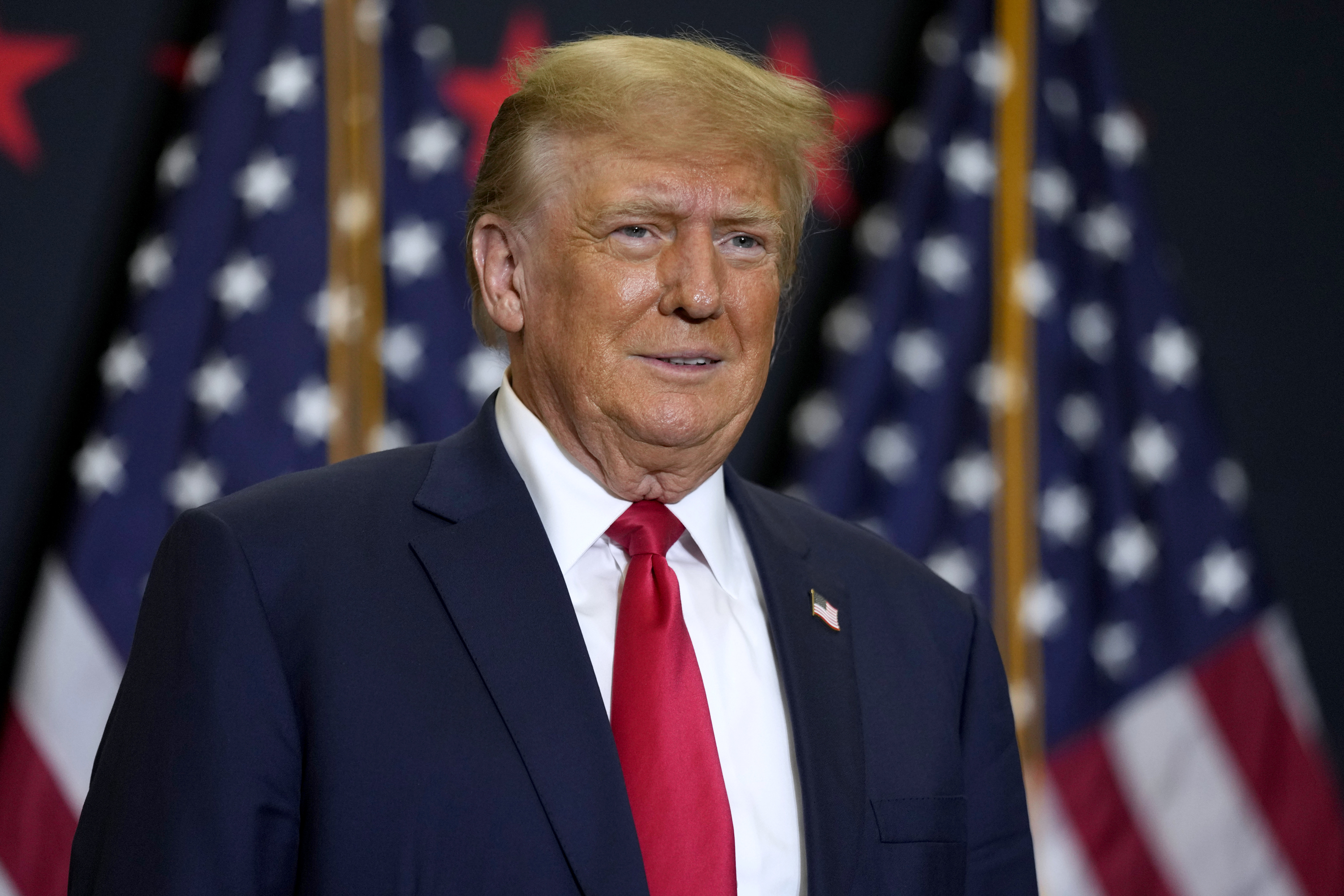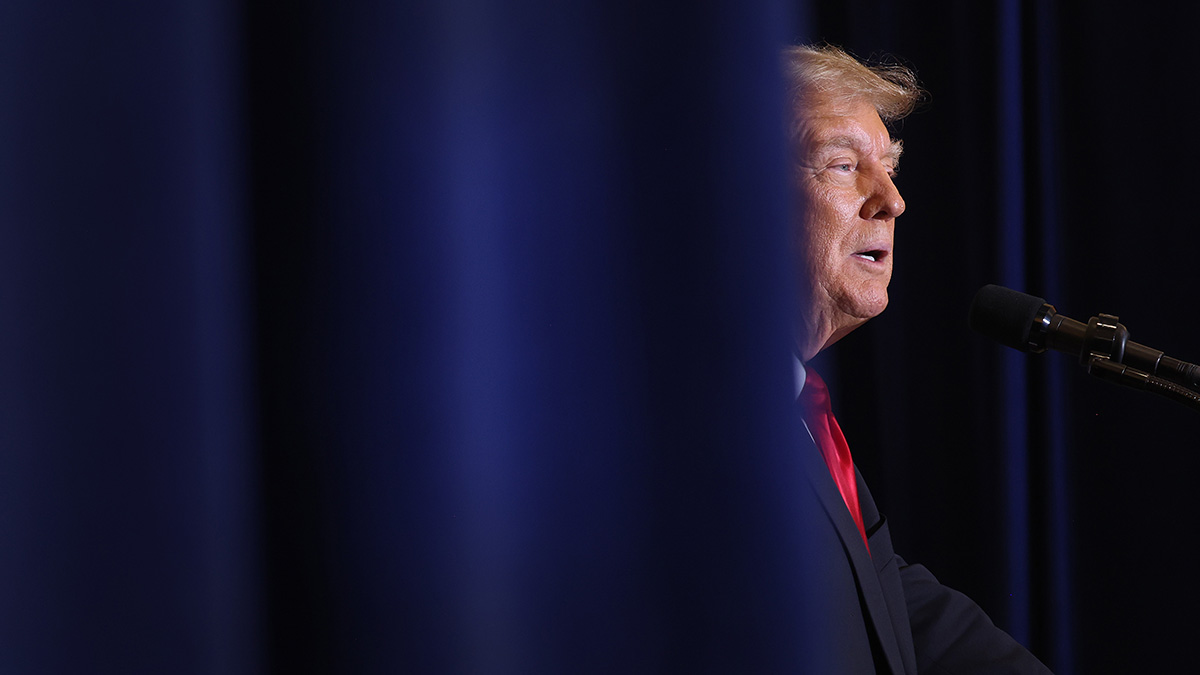
The Supreme Court on Monday restored Donald Trump to 2024 presidential primary ballots, rejecting state attempts to hold the Republican former president accountable for the Capitol riot. The justices ruled a day before the Super Tuesday primaries that states, without action from Congress first, cannot invoke a post-Civil War constitutional provision to keep presidential candidates from appearing on ballots.
The outcome ends efforts in Maine, Colorado, Illinois and elsewhere to kick Trump, the front-runner for his party’s nomination, off the ballot because of his attempts to undo his loss in the 2020 election to Democrat Joe Biden, culminating in the Jan. 6, 2021, attack on the Capitol.
Trump’s case was the first at the Supreme Court dealing with a provision of the 14th Amendment that was adopted after the Civil War to prevent former officeholders who “engaged in insurrection” from holding office again.
Colorado’s Supreme Court, in a first-of-its-kind ruling, had decided that the provision, Section 3, could be applied to Trump, who that court found incited the Capitol attack. No court before had applied Section 3 to a presidential candidate.
Get New England news, weather forecasts and entertainment stories to your inbox. Sign up for NECN newsletters.
Both sides had requested fast work by the court, which heard arguments less than a month ago, on Feb. 8. The justices seemed poised then to rule in Trump's favor.
Trump had been kicked off the ballots in Maine, Colorado and Illinois, but all three rulings were on hold awaiting the Supreme Court’s decision.
The case is the court’s most direct involvement in a presidential election since Bush v. Gore, a decision delivered a quarter-century ago that effectively handed the 2000 election to Republican George W. Bush. And it’s just one of several cases involving Trump directly or that could affect his chances of becoming president again, including a case scheduled for arguments in late April about whether he can be criminally prosecuted on election interference charges, including his role in the Jan. 6 Capitol attack. The timing of the high court's intervention has raised questions about whether Trump will be tried before the November election.
The arguments in February were the first time the high court had heard a case involving Section 3. The two-sentence provision, intended to keep some Confederates from holding office again, says that those who violate oaths to support the Constitution are barred from various positions including congressional offices or serving as presidential electors. But it does not specifically mention the presidency.
Conservative and liberal justices questioned the case against Trump. Their main concern was whether Congress must act before states can invoke the 14th Amendment. There also were questions about whether the president is covered by the provision.
The lawyers for Republican and independent voters who sued to remove Trump’s name from the Colorado ballot had argued that there is ample evidence that the events of Jan. 6 constituted an insurrection and that it was incited by Trump, who had exhorted a crowd of his supporters at a rally outside the White House to “fight like hell.” They said it would be absurd to apply Section 3 to everything but the presidency or that Trump is somehow exempt. And the provision needs no enabling legislation, they argued.
Trump’s lawyers mounted several arguments for why the amendment can’t be used to keep him off the ballot. They contended the Jan. 6 riot wasn’t an insurrection and, even if it was, Trump did not go to the Capitol or join the rioters. The wording of the amendment also excludes the presidency and candidates running for president, they said. Even if all those arguments failed, they said, Congress must pass legislation to reinvigorate Section 3.
The case was decided by a court that includes three justices appointed by Trump when he was president. They have considered many Trump-related cases in recent years, declining to embrace his bogus claims of fraud in the 2020 election and refusing to shield tax records from Congress and prosecutors in New York.
Back in January, Maine’s top court declined to weigh in on whether Trump could stay on the state's ballot, keeping intact a judge's decision that the U.S. Supreme Court had to first rule on the Colorado case.
Maine Secretary of State Shenna Bellows concluded that Trump didn’t meet ballot qualifications under the insurrection clause in the U.S. Constitution, but a judge put that decision on hold pending the Supreme Court's decision on the similar case in Colorado.
But in a unanimous decision on Jan. 24, the Maine Supreme Judicial Court dismissed Bellows' appeal of the order requiring her to await the U.S. Supreme Court decision before withdrawing, modifying or upholding her decision to keep Trump off the primary ballot on Super Tuesday.
Bellows’ decision in December that Trump was ineligible made her the first election official to ban the Republican front-runner from the ballot under the 14th Amendment.
Trump argued that Bellows should have recused herself, and that she was biased against him. Trump said her actions disenfranchised voters in Maine, and were part of a broader effort to keep him off the ballot.
Bellows, who was elected by the Democratic-controlled Legislature, said she was bound by state law to make a determination after several residents challenged Trump’s right to be on the primary ballot. But she also said she would abide by the court's final ruling.
A spokesperson for Bellows' office issued a brief statement following Monday's ruling.
"We're reviewing it now," the statement from communications director Emily Cook said. "Don't expect to have a statement until her new decision is released."
In the wake of her decision, Bellows was the victim of a hoax threat that was called into her house in December.
The "swatting call," as such hoaxes are known, involved a person calling police about 8:15 p.m. to say he'd broken into Bellows' home in Manchester, Maine, according to state police. No one was inside at the time, troopers found, including Bellows, and nothing suspicious was found, according to police.
Her decision also led some GOP lawmakers to begin impeachment proceedings against her, although the effort was ultimately shut down by the House.




